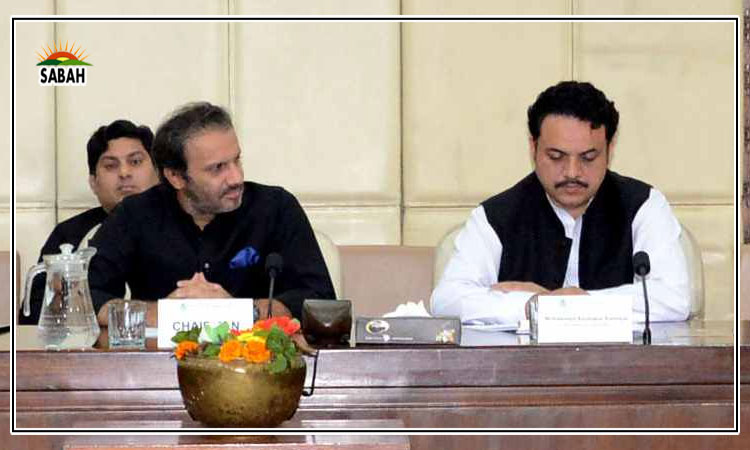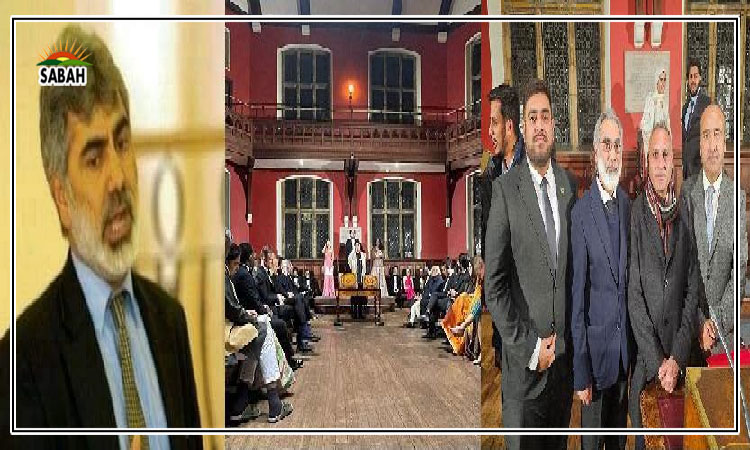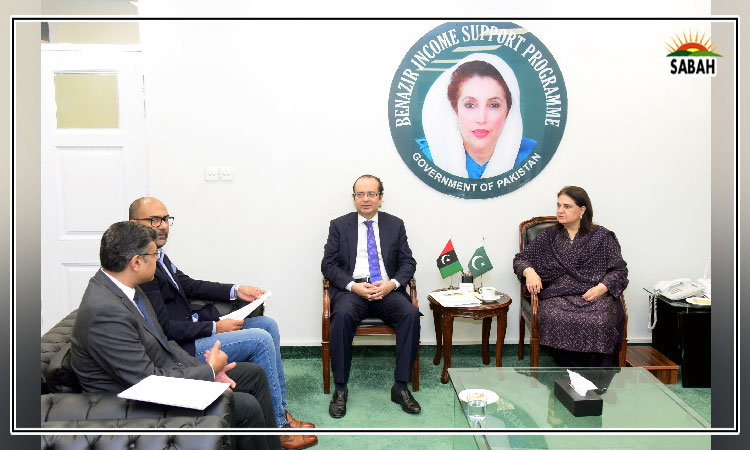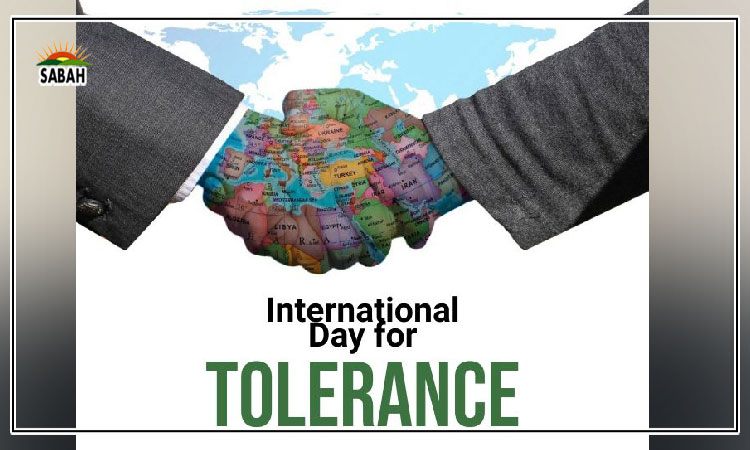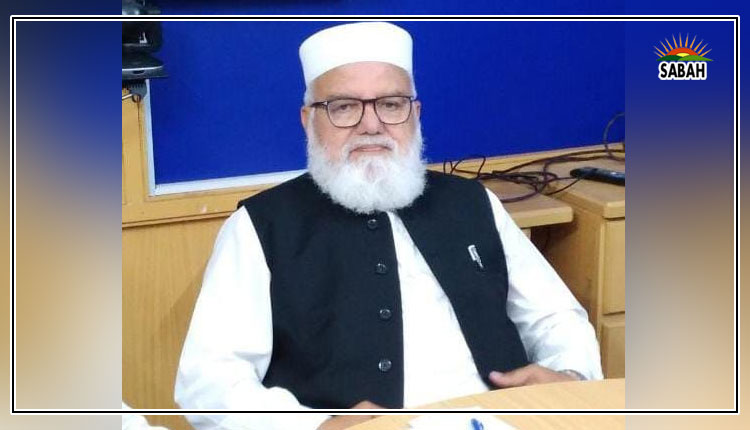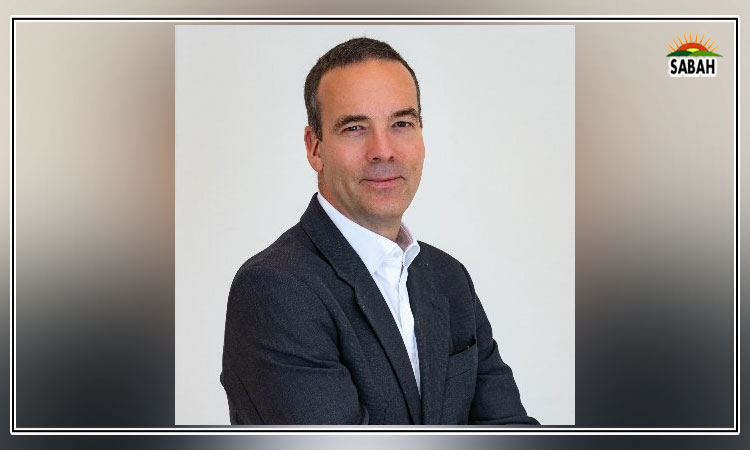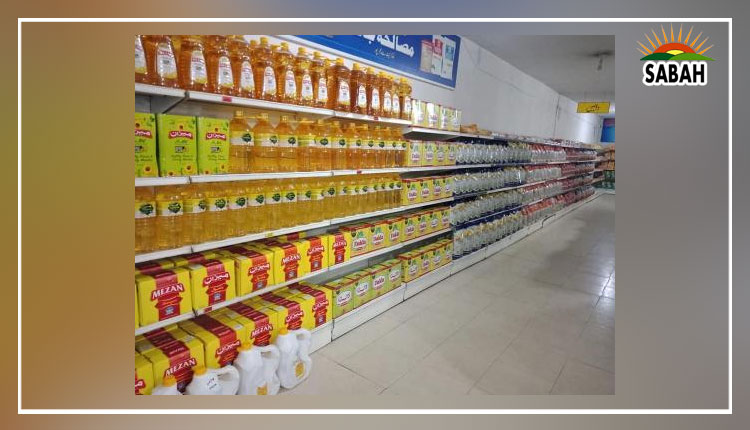Rising prices of commodities badly hit the purchasing power of Pakistanis; Mettis Global
ISLAMABAD, Nov 06 (SABAH): Financial Information company Mettis Global report has revealed that rising prices of commodities have badly hit the purchasing power of people in Pakistan
According to the report a middle-aged woman asked a local grocery shopkeeper to pack 1 kg sugar and some condiments. Right after seeing the price receipt and her own wallet, she asked to pack 1/2 kg sugar instead of 1kg. “This is the scenario I encounter almost daily for the past few months,” Muhammad Zahid, a shopkeeper at a local grocery store said.
Speaking to Mettis Global, he highlighted that running a small shop with declining sales and increasing utility expenses is becoming difficult day by day.
When asked about the recently announced Relief Package by Prime Minister Imran Khan, a local Vendor, Shahid said, “The relief package is announced for the poor people so the middle-class families cannot take any advantage. The discounted rates are available at Utility stores where one has to stand for hours to get a small number of essential items.”
“The rising prices at the domestic front have badly hit their purchasing power and made them a most vulnerable segment of the society,” he added.
Sharing his grave concerns over the inflating prices, the common citizen Usman criticized the government’s attitude towards a middle-class segment of the country. In the wake of skyrocketing prices, running a mediocre household has become a challenging task.
“We are mentally and emotionally drained as households are crumbling under the stress amid the inflationary spree but we cannot get benefit from the relief package,” he said.
Asad Rizvi, the former Treasury Head at Chase Manhattan said, “The targeted subsidy will surely help to reduce the burden of a poor man to a certain extent. It is the middle class that always remains under stress. The economic challenges demand constant monitoring and adaptation of proactive fiscal and monetary policies.”
The Consumer Price Index (CPI) remained too responsive to the global hike in prices during the outgoing month as it has left the footprints on the local products which will likely push the central bank to increase the interest rate in November’21.
The rearing ugly head of inflation has successfully seeped into the economy and left no way to test the patience of the citizens in Pakistan. The government is also concerned about the brutal impact of rising prices especially on the poor masses and for this reason, Prime Minister Imran announced the Ehsaas Rashan program on November 3, 2021.
As many as 20 million families identified through the recently completed Ehsaas survey will benefit from the program. Overall, 130 million people will benefit nationwide which is 53% of the population. Although the domestic increases are being driven by rising prices in the international market, inflationary control remains an important policy objective for the government.
Ehsaas Rashan will provide a subsidy of Rs. 1,000 a month to each of the 20 million families on the purchase of flour, pulses, Ghee/Cooking oil. A 30% subsidy will be given on these three items, per unit purchase.
The program has been designed as a precision-target system of subsidy delivery focusing on deserving beneficiaries to provide financial assistance for the purchase of essential commodities at a discount through digitally processed transactions.
Parallel to the subsidy to a small segment of the population, the government has jacked up the overall petroleum price by Rs8.03 per litre.
The announcement was made in a late-night notification. The new price of petrol has been fixed at Rs145.82 per litre for the next fortnight.
It seems this increase in POL prices is on account of the promise with the IMF to increase taxes. Because international Oil prices are now stable, not increasing, and are at the same level for the last one to two months now.
On the other hand, the Finance Division in a notification has offered an explanation to justify the price hike but has ended up stating that the price hike was to maintain the government’s revenue from petroleum products.
The notice further clarified that “in the previous petroleum prices, already a significant relief was provided to the consumers. The Government is cognizant of its responsibility to provide maximum relief to the consumers. This has dented the Petroleum Levy budget of Rs152.5 billion during July-September, 2021 as compared to Rs20 billion realized only.”
The equation between what the government is offering and what people require does not seem to be balanced in the present situation. A large unattended segment- the middle class feels worse off and more insecure than in the past.




